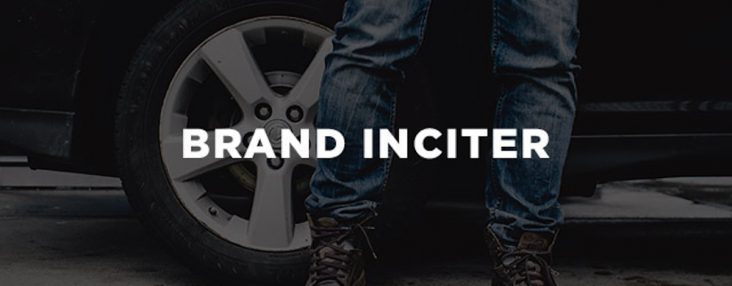The CEO and brand stewardship
by November 16, 2015 4:58 pm 319 views

Editor’s note: Martin Thoma is an author, speaker and blogger on how to live your brand.
The malfeasance of engineers and executives at two of the world’s leading automakers brings up profound questions and lessons in brand leadership.
I’m talking about two trending news items that likely need no introduction: VW’s admission that it created “defeat” software to beat emissions tests and GM’s mea culpa that it covered up defects in ignition switches known to cause fatal accidents.
In VW’s case the company designed, built and delivered more than 11 million Volkswagens, Audis and even Porsches that pollute at a rate up to 40x the U.S. legal standard – even though when plugged into monitoring equipment, the cars tested “clean.” In GM’s case, the company had extensive visibility into data demonstrating its switches were causing fatal accidents but kept the material hidden for years to avoid a costly recall.
For our purposes I’m ignoring the moral, ethical, legal and regulatory implications of these behaviors. You can be sure that regulators and the courts will punish these companies to the fullest extent possible; it’s what they do.
I’m interested here in exploring the implications to brands and brand leadership – are there lessons or insights that the brand leader of a company smaller than VW or GM (meaning: all of our readers’ companies) can take away? Yes, there are.
First lesson: One broken trust can wipe away a decade (maybe even a century) of brand equity. Let’s see: if VW is willing to cheat – going so far as to design, code and manufacture a highly sophisticated software/hardware system to “beat the test,” – what else is this company willing to lie about? The specs on the airbag or seatbelt I trust my life to? The gas mileage I base my purchase decision on? The bounds of the warranty on the car?
In the eyes of the law, a company has rights and responsibilities just like a human does. The law treats a company as a person. In the laws of branding, the calculus is the same— a brand has personality, style, voice. So … to adopt an old saying: if VW were a man, “would you buy a car from this man?”
Clearly not. In October, Volkswagen’s U.K. sales fell almost 10% on the scandal and the company reported its first quarterly loss in 15 years. A poll of 8,500 AutoExpress.com showed that 71% of the public now trusts the Volkswagen brand less than they did before.
Brands trade on trust. Break the trust; break your brand.
Second lesson: A leading brand must have a purpose above profit. Southwest Airlines, for instance, was built with the purpose to “democratize the skies.” Southwest became the most profitable airline in the history of the industry. Apple was built with the purpose to make elegant, robust technology “for the rest of us.” Apple became the most valuable company in the history of the world.
Our subject brands and their leaders clearly lost sight of any greater purpose beyond growth, market share or balance sheets. VW had allowed its driving purpose to become “grow to be the world’s largest automaker.” GM’s purpose? Who knows — survive bankruptcy, pay back Uncle Sam’s bailout,deliver shareholder value?
The VW and GM corporate behaviors really are the definition of brand insanity. Can you imagine a commercial airline skimping on safety in order to “beat the regulations?” Perhaps forging maintenance records so that it appeared their planes’ regular “physicals” were being completed when they actually were not? It would require the airline’s development of a corporate culture that valued profit more than compliance and more than its customers’ safety. It would require a kamikaze-like devotion to profit, recognizing that a crash would be corporate suicide when the safety cheating surfaced.
The brand leader must make and inspire decisions that place purpose before profit. The payoff, of course, is that great purposes drive great brands and great profits. Southwest, Apple, and scores of others prove the point.
Third lesson: The company CEO must defend and advocate for the brand at all costs. David D’Alessandro, former chairman and CEO of John Hancock Financial Services and the author of three best-selling business books, says that often when major strategic decisions are being made the only brand champion in the room is the CEO. The other execs may be engineers, accountants and lawyers representing their particular roles and responsibilities. It’s the CEO’s job to filter every decision through the lens of “what impact will this have on our brand?”
In GM’s case, the misbehavior occurred well before current CEO Mary Barra came on watch. Nevertheless, she spent untold hours testifying before Congress and answering to the media for the GM ignition switch cover-up — spending many of her precious early months in leadership sweeping skeletons out of the closets and promising to remake the culture of the company. At VW, the CEO quickly lost his job and the collision-repair work fell to the former president of Porsche. If instead the CEO stays firmly invested in establishing a culture driven by purpose, focus and “right livelihood,” the CEO could keep his or her job and the company could keep its brand equity.
The CEO is the ultimate arbiter of brand standards, and the final steward of the brand.
